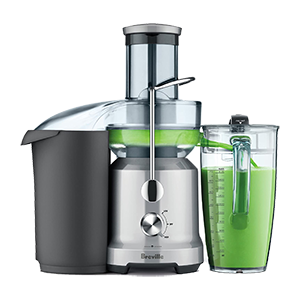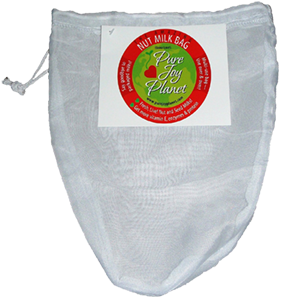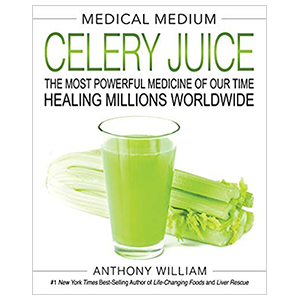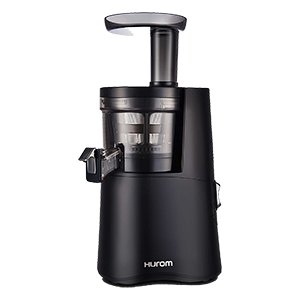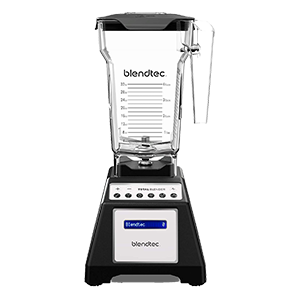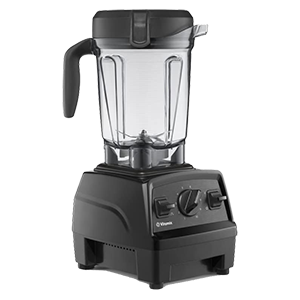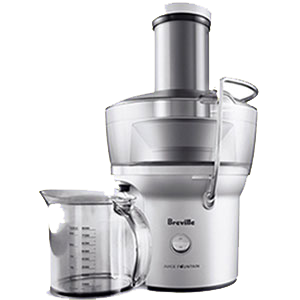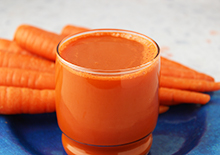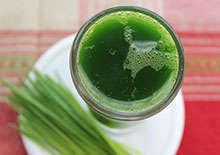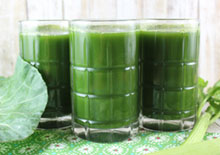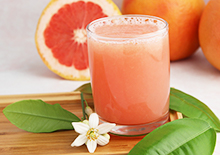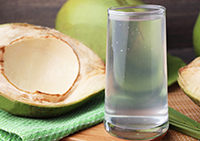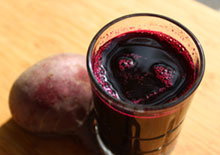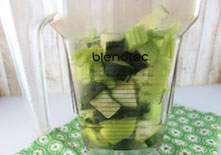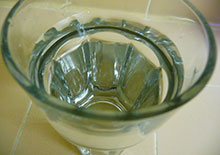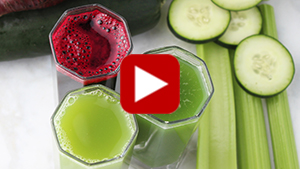- Home
- Super Juicing
- Juicing for Beginners
Juicing for Beginners, Benefits Summary of Top 3 Juices
Juicing for Beginners | Top 3 Juices | 1) Benefits of Celery Juice | 2) Benefits of Cucumber Juice | 3) Benefits of Beet Juice | In Conclusion | Precautions | Shop
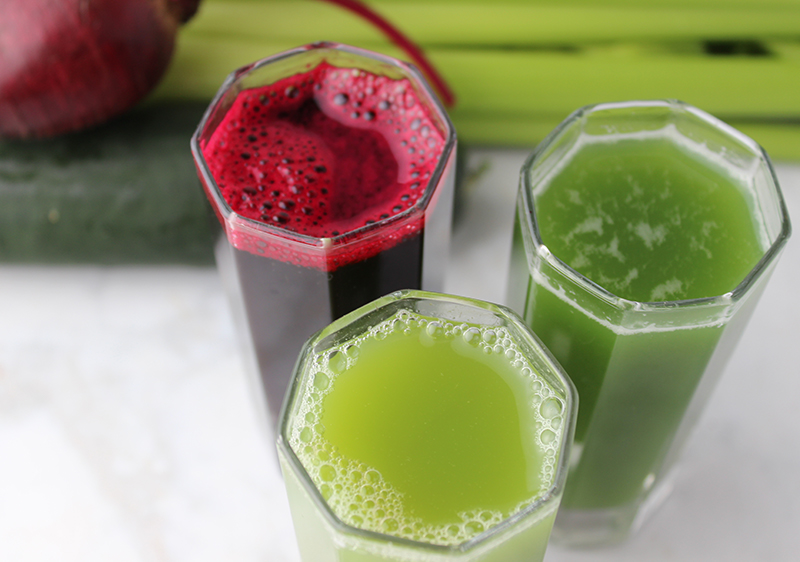
In recent times, juicing raw fruits and vegetables has gained popularity among many health seekers worldwide as a way to increase general nutrition as well as aid detoxification processes.
As far as "mono juicing" goes, there have been three trend-setting juice varieties that have become especially well-known for their distinct health-enhancing potentials. These are celery juice, cucumber juice and beet juice.
Table of Contents
Juicing for Beginners | Top 3 Juices | 1) Benefits of Celery Juice | 2) Benefits of Cucumber Juice | 3) Benefits of Beet Juice | In Conclusion | Precautions | Shop
If you're new to the juicing world, you might want to consider experimenting with this style of juicing that highlights a certain fruit or vegetable. And, these top 3 mono juicing favorites can be a good place to start.
One advantage to single vegetable juicing is that you really get to know firsthand HOW the juiced food precisely affects your unique body as you consume it for a designated period.
On a spiritual level, this is one of the best ways to relate to the healing essence of a plant and its role as an ally to human health on different levels other than physical. As Elliot Cowan teaches in his book "Plant Spirit Medicine", developing a deeper relationship to the plant itself can yield many rewards and teachings.
That being said, each fruit or vegetable does come with its own set of specific assets that can assist one in achieving particular health goals.
In this case scenario, we will be discussing the main positive attributes of extracting the juicing liquid from three raw vegetables: celery, cucumber and beetroot.
Keep in mind, when discussing the benefits of celery juice, cucumber juice or beet juice, it is important to understand that daily consumption for a number of days in a row is necessary to encourage a health-supporting influence.
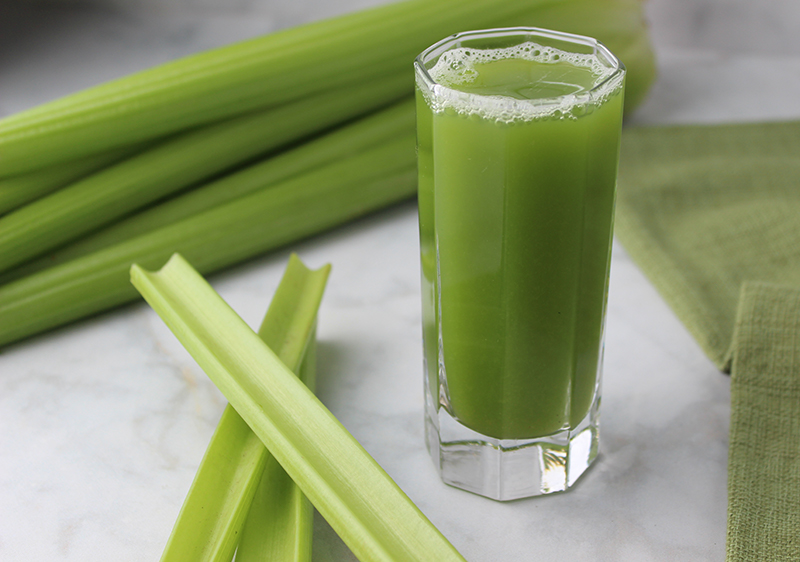
A Benefits Summary of Top 3 Juices
1) Benefits of Celery Juice
2) Benefits of Cucumber Juice
3) Benefits of Beet Juice
1) Benefits of Celery Juice
Straight celery juice is pressed from raw celery stalks (Apium graveolens) with some leaves included.
Consuming about 16 ounces (.47 liters) of pure celery juice first thing in the morning on an empty stomach became a very popular global trend, particularly in the latter half of 2018. It is still today a common juice selection because of its noteworthy qualities.
List of Celery Juice Benefits
- Common celery is composed of PHENOLIC COMPOUNDS, such as flavonoids and phenolic acids, that can act as antioxidants. (*)
- According to Anthony Williams or "Medical Medium", the believed originator of the celery juice movement, celery contains "SODIUM CLUSTER SALTS" (very different than dietary salt) which are claimed to promote a detoxifying influence.
- Celery has BITTER components and is considered a CHOLAGOGUE, or a food known to increase the flow of bile, which can support the digestion of fats.
- The straight juice pressed from celery is reported to have a neuroprotective influence from antioxidants and anti-inflammatory compounds like LUTEOLIN as well as BUTYLPHTHALIDE (*), one of the main substances responsible for celery’s taste.
- Celery is also a vegetable that contains what is sometimes called "HYDROBIOACTIVE WATER" which suspends its nutrients and increases their absorption rate. It’s very alkalizing, hydrating and filled with electrolytes.
- The alkalizing juice from celery may also encourage soothing qualities for conditions associated with inflammation in the GI tract. It also helps to maintain a healthy gut with a PREBIOTIC influence on beneficial intestinal microbiota.
- Celery juice, with its DIURETIC properties and balance of the mineral's sodium/potassium, can be useful for fluid regulation.
- Celery juice consumed over a period of time can support healthy skin and promote a clear complexion.
- A 16oz glass of celery juice a day tends to stimulate and/or increase bowel movements as its high enzyme content works to break down residual waste material.
Celery's Nutritional Composition
Celery is especially high in vitamin K and is a good source of folate, vitamin A and potassium. It also contains amounts of vitamin C, vitamin B6, manganese, calcium, sodium, riboflavin and magnesium. It is comprised of small amounts of protein and sugar content. Celery is also reported to be a good source of silica.
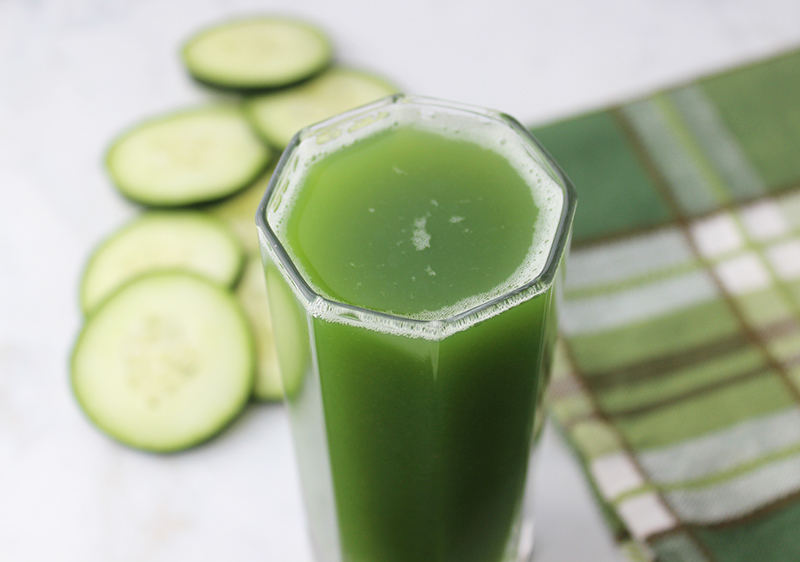
2) Benefits of Cucumber Juice
Cucumber juice is made by juicing common slicing cucumbers (Cucumis sativus) with the dark green peel included.
As with celery juice, it's generally best to consume the juice first thing in the morning or between meals for the greatest health-enhancing potential. An 8-16 ounce serving size or the juice from 1-2 large cucumbers is usually considered a therapeutic dose amount.
List of Cucumber Juice Benefits
- Cucumber juice contains CUCURBITACINS, a class of triterpenes found in the green peel and are known for their bitter taste. (*) This is the main component that makes it particularly cooling to the body when excess heat or inflammation is present. It has been used as a folk remedy for inflamed conditions of the GI tract as well as the joints.
- The cucumber is one of the top "fruit-vegetables" that's naturally very high in WATER CONTENT. Its juice is therefore very hydrating, balancing to body pH and moisturizing to the skin.
- Straight cucumber juice can be a healing and soothing liquid to drink periodically for its ANALGESIC influence, which may offer pain relief in certain instances. In some research on cucumber extracts, it was suggested that flavonoids and tannins may be responsible for these qualities.
- Cucumber contains the anti-inflammatory flavonoid known as APIGENIN, considered a potential nutraceutical for inflammatory conditions involving the central nervous system. (Source)
- Cucumber and its high SILICA content can help to support healthy connective tissue, bone formation and collagen synthesis.
- One of the big benefits of cucumber juice is its cleansing actions that can foster the body's natural detoxification processes.
Cucumber's Nutritional Composition
While cucumber doesn't necessarily have a high amount of essential nutrients, compared to other types of vegetables or fruits, they do have good proportions of potassium, manganese, magnesium, vitamin K and vitamin C, according to nutrition data.
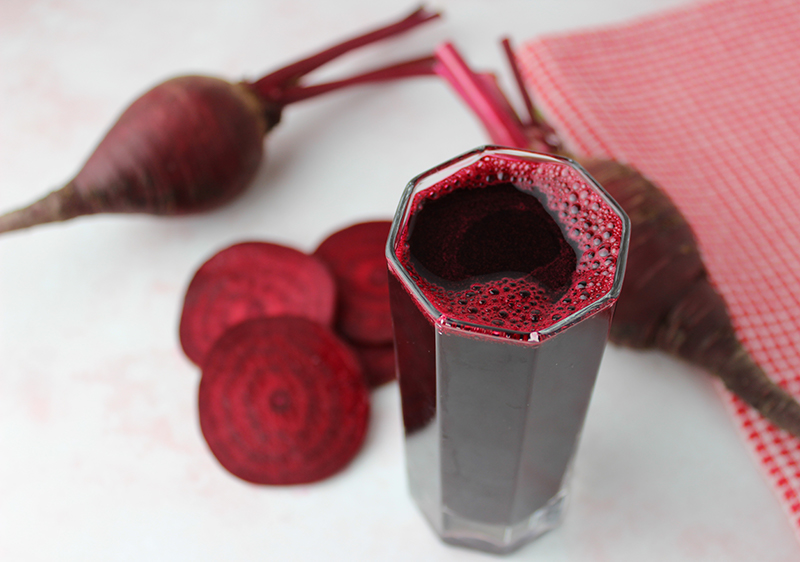
3) Benefits of Beet Juice
Beet juice is made by juicing the red beetroot from the Beta vulgaris vegetable species.
It is generally best to consume smaller amounts of beet juice, no more than a cup or 8 ounces at a time, because of its high sugar content. Smaller "beet juice shots" may also be appropriate and usually advised about 90 minutes before aerobic exercise.
Mixing beet juice with celery or cucumber may be beneficial if you’re looking to balance out its high-sugar content. However, beet juice should largely be avoided by those on low-sugar diets. Likewise, it's good to avoid large quantities if you are sensitive to dietary oxalates and susceptible to stone formation.
List of Beet Juice Benefits
- Raw beetroot is known to contain high concentrations of specific phytochemicals one of which includes the group of BETALAINS, the red-purple pigments responsible for their color. Betalains have been identified to provide significant antioxidant activity and therapeutic influence for some health conditions. (*)
- Beets and their cold-pressed juices are well researched as an abundant source of dietary NITRATES which are converted to nitric oxide in the body. This is the most noteworthy aspect that makes the juice and juice powders popular for improved cardiorespiratory endurance during athletic performance and aerobic exercise. (*) It is often utilized in small amounts as a pre-workout supplement for such purposes.
- Beets, and especially their unpeeled juice concentrates, are a good source of the mineral IRON which helps to build the blood, boosts energy and prevents anemia.
- The nitrates in beet juice and conversion to nitric oxide can encourage vasodilation and healthy blood flow and blood pressure. (*)
- The juice from beets also helps to detoxify the body via an increase in GLUTATHIONE production. Glutathione being a major antioxidant involved in detoxification processes.
- Beets are especially rich in the type of BETAINE known as trimethylglycine (TMG) which is helpful for the elimination of toxins and a co-factor in reducing unhealthy homocysteine levels, linked to improved heart health.
- Historically, beetroot and its juice was used as a folk remedy for conditions like hemorrhoids, eye disorders and was known for its colon cleansing properties.
Beetroots Nutritional Composition
Beet juice contains some protein and carbohydrates (mostly in the form of sugar). It is a good source of many vitamins especially folate, vitamin C and vitamin B6 as well as trace minerals including manganese, potassium, iron, magnesium, copper and calcium.
In Conclusion
We hope that this information helps you to make more informed choices when either juicing these three vegetables individually or using them as an ingredient in juicing recipe combinations.
While periodic juice consumption can be a part of a health-enhancing protocol, we feel it is equally important to commit to making better diet and lifestyle choices that will ultimately influence long-term wellness.
When making your own juices, we also recommend choosing organic produce selections over conventionally grown fruits and vegetables as residual chemicals can accumulate when juiced.
Precautions:
Consult your healthcare professional before daily intake of raw fruit or vegetable juices if pregnant, nursing, taking prescribed medications or if you have a serious medical condition.
Shop Related Products (About Affiliates & Amazon Associate Paid Links)
Affiliate Disclaimer: This section contains affiliate product links. If you make a purchase through our recommended links, we receive a small commission at no additional cost to you. Thanks for the support.

